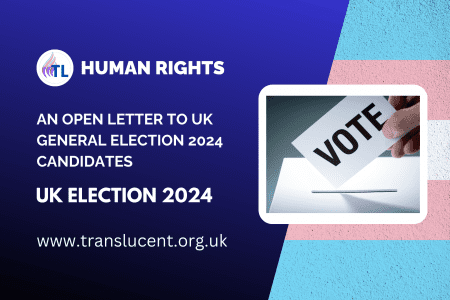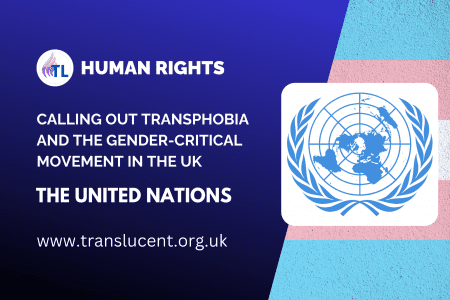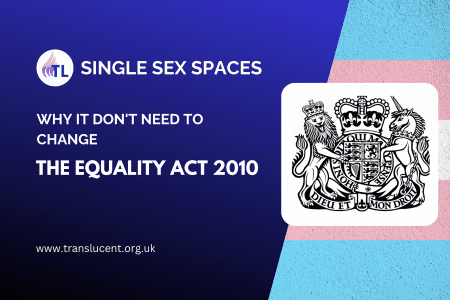So in this quick blog piece, I am writing about the basics. I am not writing to point out how unfair sport has been to trans people in the past. I am not even making a massive point about there has not been a single trans athlete in the last EIGHT Olympics. Just the basics so that the anti-trans media can get their heads around some basic truths.
No one denies that when trans people participate in a sport that there need to be rules.
This particularly applies to trans women. Over the last ten to fifteen years considerable advances in understanding the physical advantages a male has over a female have been made and the majority of sports governing bodies are now confident that they understand those advantages – meaning that transgender people can compete safely and fairly in sport as is a human right.
SAFETY: In some sports physical contact is made and, in these situations, rules must ensure other participants safety. While the focus will be on trans women it must be remembered that trans men are likely to be at risk too from natal males. If either cisgender women or trans men are at risk of additional injury because of participation I feel it is safer for all that the trans person does not participate.
PERCEIVED COMPETITIVE ADVANTAGE: No sport is 100% fair – we like to think it is, but it is not. Tall players may have an advantage over short players, heavy players may have an advantage over lightweight players (but the lightweight player may be more nimble or quicker) – in short diversity makes the thrill of sport. It should however be recognised that on occasions trans people will have a disadvantage, or equally, an advantage. In these circumstances, two points need to be considered.
(1) Are we sure an advantage exists?
(2) If an advantage exists, does it matter?
If an advantage exists and it does matter, for example in competitive and elite sport, then a trans person should not participate. These decisions must be made by clubs and ultimately the sport’s governing bodies as they will have access to the science of male/female advantage or disadvantage. No one wants unfairness in sport.
If it is safe and there is no competitive advantage, or a competition is mainly for fun and fitness clearly there is no reason why a trans person can not take part.
LAUREL HUBBARD:
The inclusion of Laurel Hubbard into the New Zealand Olympic Weightlifting team will no doubt cause controversy in the main because society will judge her not on the sporting bodies ability to understand the science but by how she looks.
Sadly, many do that to Caster Semenya too.
If Laurel looked like Sharon Davies, there would be no debate.
Clearly, weightlifting as a sport does not pose a risk in regard to other participants safety so trans folk competing is a non-issue on this specific point.
In regard to perceived competitive advantage, the regulatory authorities are satisfied Laurel is competing fairly. We must also remember that rules are written by cisgender people not trans people. It is unfair to criticise trans people when we comply with rules written by cis people. My colleague and co-editor, Paul is writing a full article on Laurel’s inclusion and he tells me she is lifting far less than when she was a junior weightlifter and is currently ranked around 15th in the world. Her best-combined lift this year is around 270kgs which is about 55kg short of the world record.
Hardly smashing records as cisgender armchair critics allege!
The trans community are happy that Laurel has been chosen to represent New Zealand who as a country that recognises diversity and fairness. The media and pressure groups need to step aside and allow the sport’s governing bodies to make decisions on what IS AND IS NOT FAIR.
We should all back those decisions with good grace!
We all have a right to participate to the best of our abilities in the human race and diversity is part of the human race.
Ultimately we are all human beings.
The fact that some people don’t have the humanity to accept diversity is another matter.
Authored by Steph @PlaceSteph











 To provide the best experiences, we use technologies like cookies to store and/or access device information. Consenting to these technologies will allow us to process data such as browsing behaviour or unique IDs on this site. Not consenting or withdrawing consent, may adversely affect certain features and functions.
To provide the best experiences, we use technologies like cookies to store and/or access device information. Consenting to these technologies will allow us to process data such as browsing behaviour or unique IDs on this site. Not consenting or withdrawing consent, may adversely affect certain features and functions.